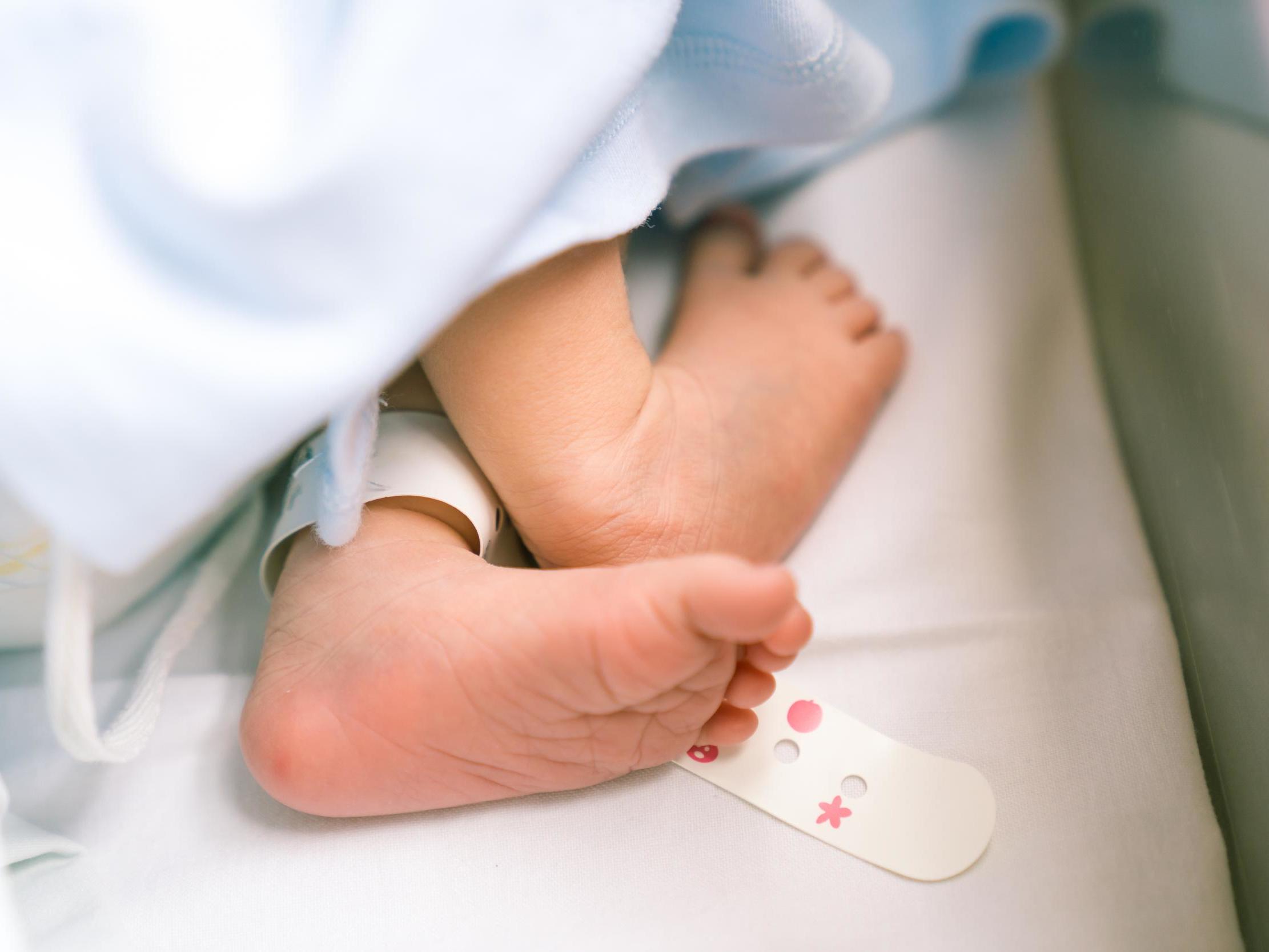Coronavirus: First confirmed case of infection in womb, researchers say
Doctors believe virus may have transferred into unborn child via placenta, research paper says

Your support helps us to tell the story
From reproductive rights to climate change to Big Tech, The Independent is on the ground when the story is developing. Whether it's investigating the financials of Elon Musk's pro-Trump PAC or producing our latest documentary, 'The A Word', which shines a light on the American women fighting for reproductive rights, we know how important it is to parse out the facts from the messaging.
At such a critical moment in US history, we need reporters on the ground. Your donation allows us to keep sending journalists to speak to both sides of the story.
The Independent is trusted by Americans across the entire political spectrum. And unlike many other quality news outlets, we choose not to lock Americans out of our reporting and analysis with paywalls. We believe quality journalism should be available to everyone, paid for by those who can afford it.
Your support makes all the difference.Doctors in France believe they may have recorded the first proven case of a baby being infected with the coronavirus in the womb.
Medical professionals have spotted a number of instances of newborn babies having contracted the Covid-19 - with one such case noted by researchers in China back in February.
However doctors at the Antoine Beclere hospital in Paris were able to confirm a child was a carrier of the virus just one hour after its birth - and believe the infection may have passed through the placenta in utero.
Outlining their case study in journal Nature Communications, researchers said a pregnant 23-year-old was admitted to hospital in March with a fever and severe cough.
After testing positive for Covid-19, her baby was born three days later by caesarean. Tests one hour after birth, then again three and 18 days later, all showed positive results for the presence of the virus.
Additional tests of fluid taken from the newborn’s lungs - as well as blood samples - also showed signs of the virus.
And researchers found the baby had presented with some of the neurological symptoms associated with the virus that have been seen in adults - with neuroimaging analyses indicating white matter injury, which can be caused by vascular inflammation the Sars-CoV-2 infection causes.
However while questions have remained over how the virus could spread in utero - between an environmental or cervical route, or through the placenta - scientists believe they may have narrowed in on the source.
Along with his colleagues, Daniele De Luca, medical director of paediatrics and neonatal critical care at the Antoine Beclere, measured higher viral loads in the placenta than in the amniotic fluid and maternal blood - suggesting Sars-CoV-2 might actively replicate in the cells inside the placenta.
However researchers say that further studies will be needed to confirm these results.
Writing in Nature Communications, they said: "We report a proven case of transplacental transmission of Sars-CoV-2 from a pregnant woman affected by Covid-19 during late pregnancy to her offspring.
"Other cases of potential perinatal transmission have recently been described, but presented several unaddressed issues."
Both mother and child have recovered from their infections, and were later discharged from hospital.
The researchers added: "In conclusion, we have demonstrated that the transplacental transmission of Sars-CoV-2 infection is possible during the last weeks of pregnancy.
"Transplacental transmission may cause placental inflammation and neonatal viremia.
"Neurological symptoms due to cerebral vasculitis may also be associated."
Additionakl reporting by PA
Join our commenting forum
Join thought-provoking conversations, follow other Independent readers and see their replies
Comments